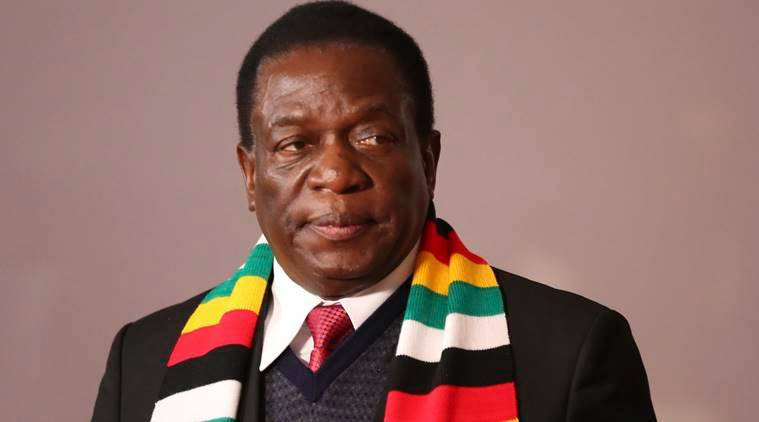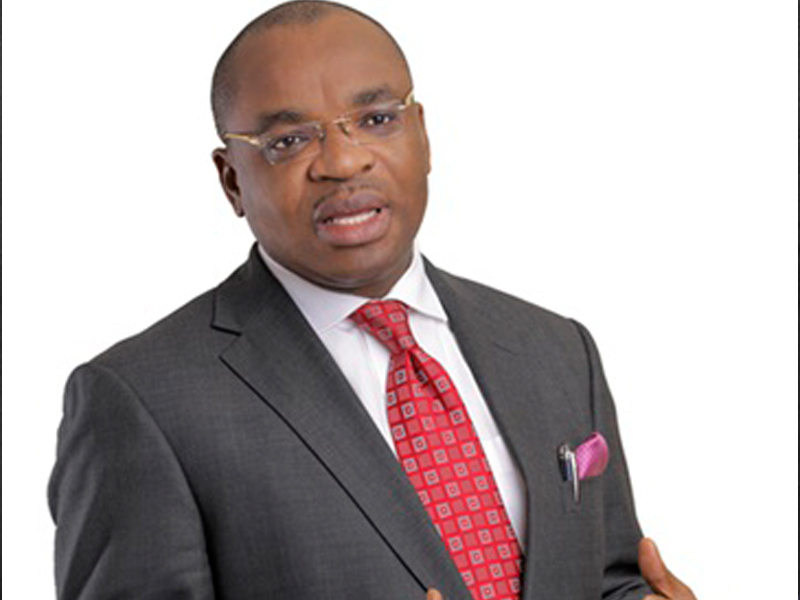
Brent crude oil futures traded for $62.33 a barrel after hitting a session peak of $62.90, representing a 28-month high. The West Texas Intermediate (WTI) crude oil hit $55.89 cent, breaking above $56 a barrel for the first time since July 2015.
Blue Light on Oil Revenue Progresses to 2-Year High
Oil prices hit their highest since July 2015 on Monday as Saudi Arabia’s crown prince cemented his power over the weekend through an anti-corruption crackdown, while markets continued to tighten.
Organisation of the Petroleum Exporting Countries (OPEC) experienced highest-ever conformity with voluntary production adjustment.
The 24 participating countries of OPEC signed the ‘Declaration of Cooperation’, on December 10, 2016, showed joint conformity of 116 per cent, the highest level reached since the declaration came into effect at the beginning of 2017.
Brent crude futures were trading 26 cents higher at $62.33 a barrel by 3.42pm, after hitting a session peak of $62.90, a 28-month high. US West Texas Intermediate (WTI) crude rose 25 cents to $55.89 a barrel, breaking above $56 for the first time since July 2015
Saudi Crown Prince Mohammed bin Salman tightened his grip with the arrest of royals, ministers and investors including prominent billionaire Alwaleed bin Talal and the powerful head of the National Guard, Prince Miteb bin Abdullah.
Analysts for now do not see Saudi Arabia, the world’s largest oil exporter, changing its policy of boosting crude prices. Prince Mohammed’s reforms include a plan to list parts of state-owned oil company Saudi Aramco next year, and a higher oil price is seen as beneficial for its market capitalization.
“We believe the kingdom will stick to the OPEC deal and continue to focus on reducing global oil inventories,” UBS oil analyst Giovanni Staunovo said.
Saudi Energy Minister Khalid al-Falih said that while there is “satisfaction” with a production-cutting deal between the Organization of the Petroleum Exporting Countries and other producers led by Russia, the “job is not done yet”. OPEC is expected to extend a cut of around 1.8 million barrels per day throughout the whole of 2018.
Also boosting oil prices, US energy companies cut eight oil rigs last week, to 729, in the biggest reduction since May 2016.
While supplies are tightening, analysts say demand remains strong. “Synchronous global economic growth and new supply disruptions are creating the most constructive oil price environment since … 2014,” Barclays bank said.
The bank raised its forecast for the average Brent price in the fourth quarter of this year by $6 to $60 a barrel, and its full-year 2018 forecast by $3 to $55 a barrel.
Speculators have also increased to a record high their bets on gains in the price of Brent.
ICE commitment-of-traders data showed money managers had increased their net long holdings of Brent crude futures and options by 23,500 contracts to 530,237.
Money managers raised their net long commitments on WTI by 63,072 contracts to 343,705 over the same period, a more than six-month high
Meanwhile, Nigeria’s Minister of State for Petroleum Resources, Dr. Ibe Kachikwu, said that he expects oil prices to remain stable in 2018.He said he was optimistic about 2018, looking at the current depletion of reserves and the slowing rate of United States (U.S.) tight oil growth, as well as the positive performance in terms of conformity with the ‘Declaration of Co-operation.’
“It all leads to the fact that 2018 should be okay. “A lot of us are going through very difficult times in our economies, and we need the volumes. But if you get the volumes, you lose the price.
“I think we are all committed to staying the course. We are going to do everything we need to do to make sure it works, and I think that 2018 will respond appropriately.”
Kachikwu, who stated that the nation had already been contributing to the stabilisation of the market, further said: “A lot of work has been done to improve the security situation in the Niger Delta. Confidence in the system is building, and the economy is coming back.
“The reality is that for nearly two years, Nigeria has contributed all the volumes needed to stabilise the market. We had below one million barrels out of the market completely. Everyone benefited from that, but we are suffering.”
He, therefore, supported the process that had been built up within OPEC to deal with the oil market crisis over the past year, including OPEC and non-OPEC talks and the building of a monitoring mechanism, saying: “First, I like the concept; it brings confidence to the market. Above and beyond the usual resolutions we have in our general assemblies, we have been able to put an enforcement team behind it. I think it’s a model that we will always adopt going forward once things begin to fall out of place. I think it has worked very well for everybody.




Recent Comments